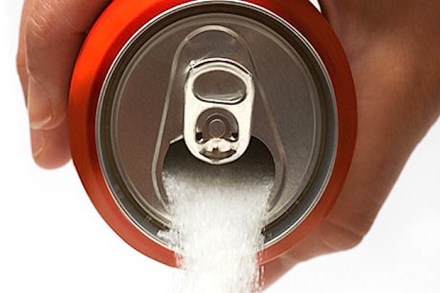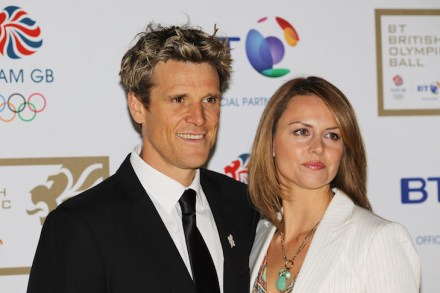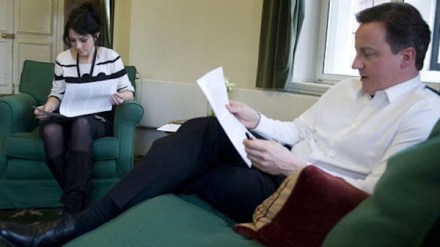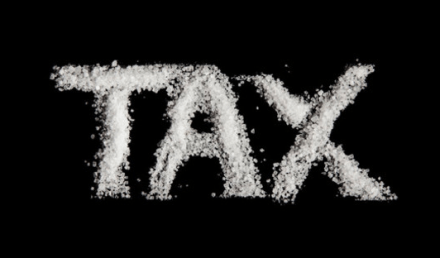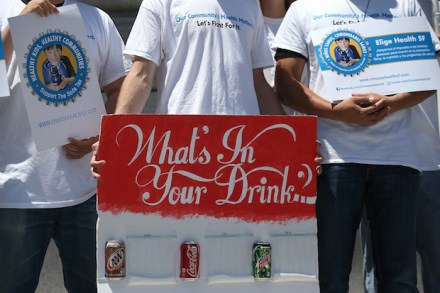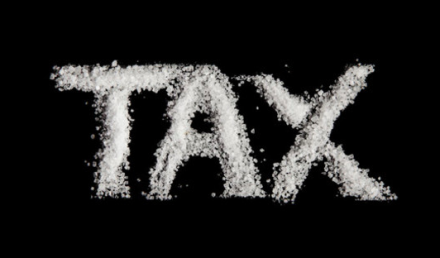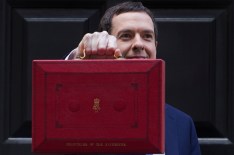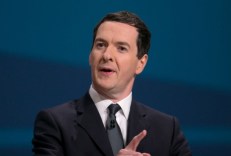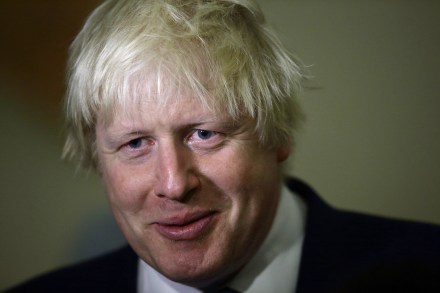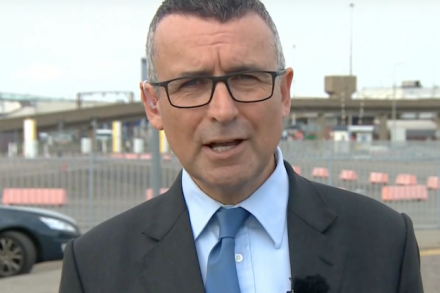The sugar tax is only a ‘success’ if you ignore the evidence
They say no news is good news, but what to make of old news? Today’s papers (including this front page) feature rather boastful headlines about the success of the sugar tax (a levy on soft drinks companies concocted by former chancellor George Osborne, with the stated aim of tackling obesity). The i reports that the levy has “revolutionised the industry, with the average beverage now 28 per cent less sugary than before the tax was introduced,” according to a new study from researchers at Oxford University. But is the sugar tax really something to celebrate? While the study may be ‘new’, the figures are not. They were published by Public Health England last September, which noted that
